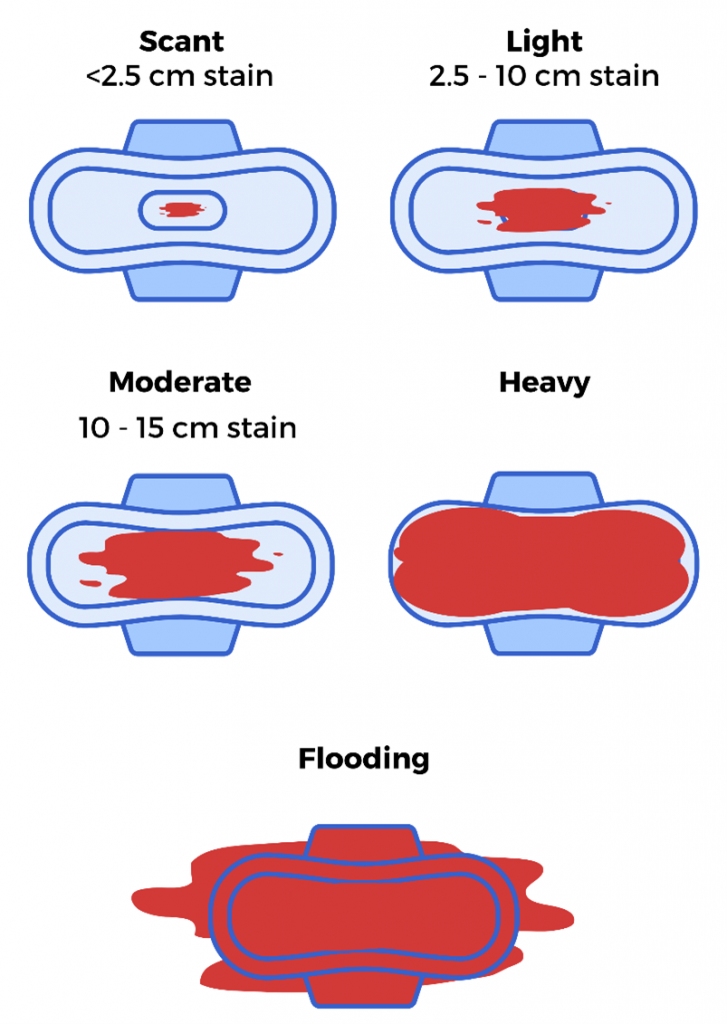What is The Abortion Pill?
The abortion pill is also known as an Early Medical Abortion. Did you know the abortion pill is actually several pills? These pills are a safe way to end an early pregnancy. You can have an early medical abortion (EMA) using abortion pills up to 10 weeks and 0 days of pregnancy.
How Do Abortion Pills Work?
A medical abortion involves taking two different types of medication.
The first medicine - Mifepristone.
Stage 1: This abortion pill ends the pregnancy. It works by blocking the hormone progesterone. Without progesterone, the womb lining breaks down and the pregnancy cannot continue to develop.
One Mifepristone pill is taken orally (swallowed whole with water).
The second medicine – Misoprostol.
Stage 2: These pills contain hormone-like substances called prostaglandins. Prostaglandins occur naturally in the body and help the womb contract. This causes cramping and bleeding. An early medical abortion is similar to an early miscarriage.
Up to six Misoprostol pills may be used in a medical abortion.
4 tablets can be inserted into the vagina; tablets in the vagina will dissolve on their own. Alternatively, you can place the tablets in the mouth, between your cheek and gums to dissolve for 30 minutes before swallowing any remainder with water.
Stage 3: 3 Hours after your first dose of Misoprostol, if you are feeling well but have had no bleeding or only light spotting, you should use the additional 2 Misoprostol pills in your treatment pack. You can insert them into your vagina or in your mouth between your cheek and gums to dissolve as before. When used together, the Mifepristone and the Misoprostol will cause an abortion.

What to Expect When Taking Abortion Pills (Early Medical Abortion)
Everyone is different, so how you feel maybe different to someone else.
The abortion is usually complete within about 4 -6 hours after taking misoprostol (stage 2 or 3). However, for some, it may take a little longer. Bleeding may continue for several days, and light bleeding or spotting may even continue up until your next period, this is completely normal, even after the abortion is complete.
Potential Risks/ Side Effects of Abortion Pills
Abortion pills are very safe. As with any medication there are some potential risks and side effects. We will talk to you about these possible complications during your consultation. The main risks or side effects of abortion pills include:
These side effects usually settle within 24 hours of taking the second or third stage of the medication. Sometimes, you will experience similar side effects if you have started contraception after the abortion. However, if the symptoms continue or worsen, please get in touch with us.
If your symptoms are severe, or if you develop any signs that require emergency care, do not take any more medication. Instead, seek immediate assessment from a healthcare professional or call 999.
Find out more about what to expect and how to take abortion pills from our useful Abortion Guide Booklet.
Bleeding During an Early Medical Abortion (EMA)
Bleeding is a normal part of the medical abortion process. Some patients do bleed after taking the first tablet (Mifepristone). If this happens we still recommend that you take stage 2 unless your bleeding is very heavy.
Bleeding usually begins 2 to 4 hours after taking Misoprostol (stage 2 or 3). However, it can be quite normal for this to be delayed.
If you have had no bleeding at 48 hours after all the abortion tablets have been taken, please call us on 0333 004 6666. Some patients may be advised to contact us within 24 hours if they have not bled. This only applies if the nurse or midwife in clinic has advised you specifically of this.
You might experience light, moderate, or heavy bleeding. Some people pass clots, these can vary in size but should not be larger than a lemon.
Once the pregnancy passes, the bleeding should start to ease. Depending on how far along you are in the pregnancy will depend on what you may see when you pass the pregnancy.
Light bleeding or spotting can continue for up to two weeks and occasionally until your next period
Important: Monitor your bleeding. It is preferable to use sanitary towels, not tampons or menstrual cups, during and after treatment, as this will make it easier for you to monitor your bleeding. Please see our helpful images for guidance on bleeding

Contact NUPAS on 0333 004 6666 if:
- You haven’t bled at all or have only light spotting 48 hours after taking misoprostol OR 24 hours only if the nurse or midwife in clinic has advised you to do this.
- You’re soaking (Heavy) 2 maxi pads per hour for 2 hours in a row.
Call 999 immediately if you feel unwell and are experiencing extremely heavy bleeding (known as “flooding”).
Some people may experience a brief episode of pain, followed by a sudden gush of blood or a clot, even weeks later. If this continues, please contact us.
You're not alone; support is available every step of the way.
Pain During an Early Medical Abortion
Most people are able to continue with everyday activities following the first pill, called Mifepristone.
Following the second pill (Misoprostol), you may experience lower abdominal pain or cramping, along with vaginal bleeding. For most people, the pain is manageable, but in some cases, it can be more intense and may require strong pain relief, like codeine.
The pain can be intense when the pregnancy is passing, this is normal and usually happens within 2 to 4 hours, but it can happen sooner or later too. The pain can also be in your back, thighs and tops of your legs.
Pain Relief For Your Abortion
It is important that you have pain medication ready at home. Our team will talk to you about pain relief during your consultation. The best pain relief for you will depend on your medical history. Always check the labels for instructions and medical guidance.
Using a hot water bottle or having a warm bath can also help.
Once the pregnancy has been passed, any pain that you may have usually reduces. However, if the pain is still too much, please call us on 0333 004 6666
Some mild cramps might continue for a few days to a week, and these should be manageable with regular pain relief.
Find out more about abortion aftercare and who to contact if you’re worried about side effects or complications.
How to Access Abortion Pills
Abortion Pills Taken at Home
Frequently Asked Questions on Abortion Pills
Looking to get your abortion pills delivered by post? Head over to our page to see how we can help.
Get in touch with NUPAS
Give us a call:
Our friendly team is here to take your call

